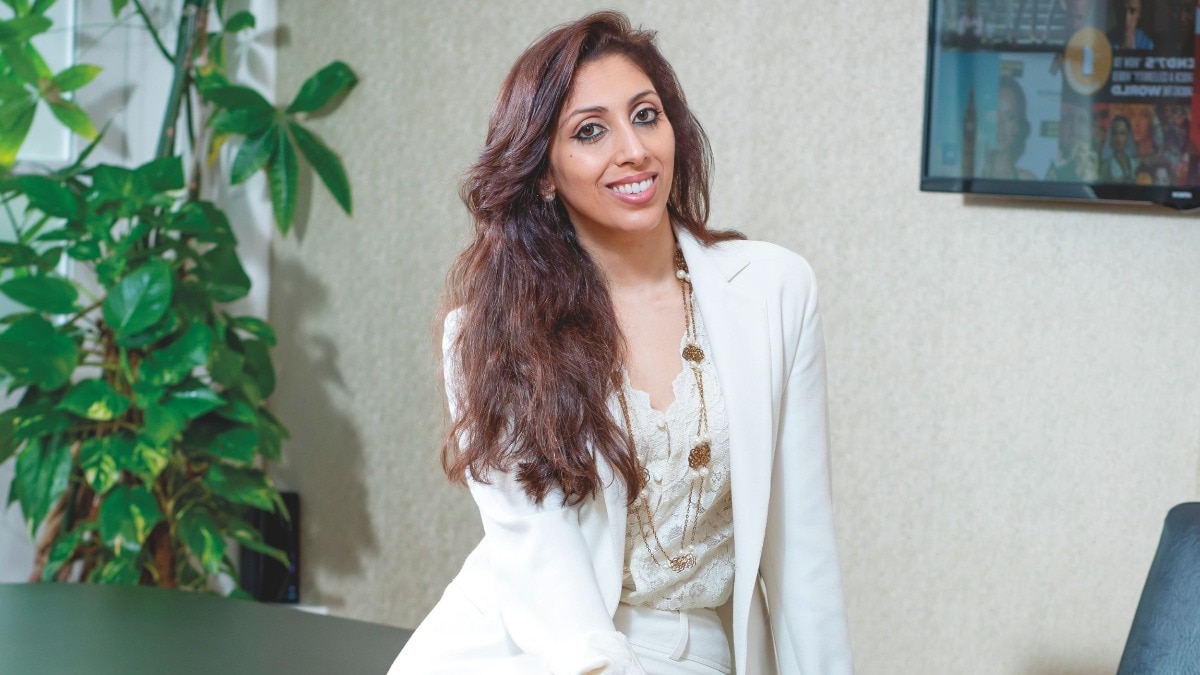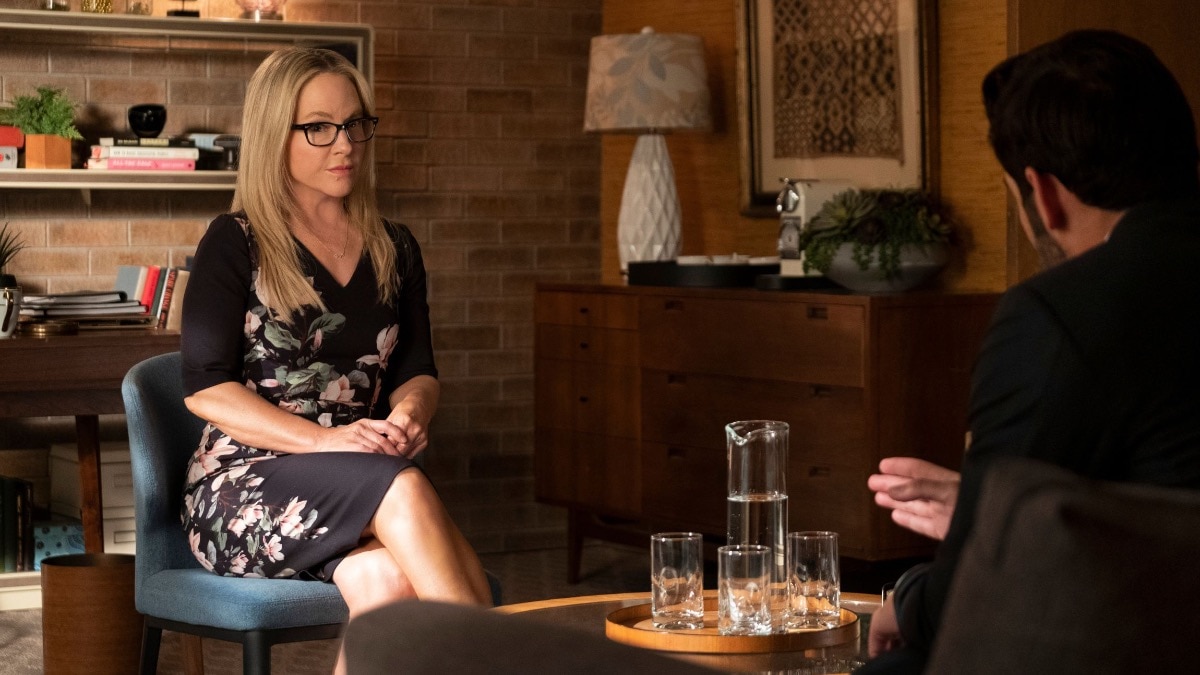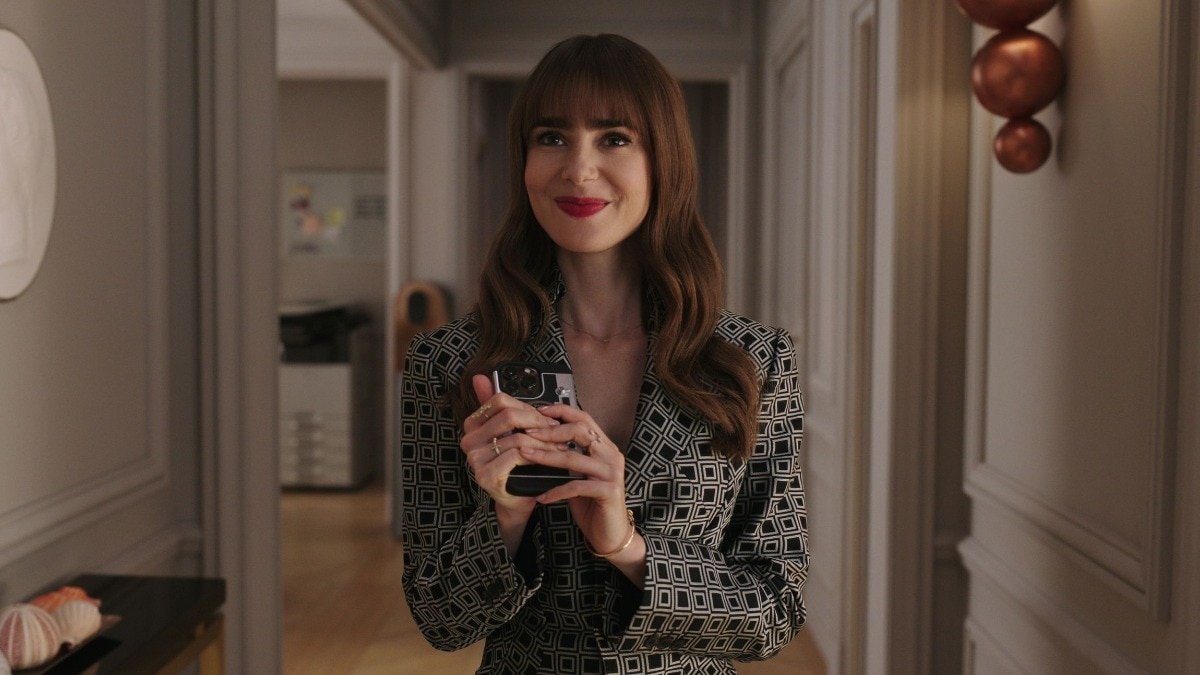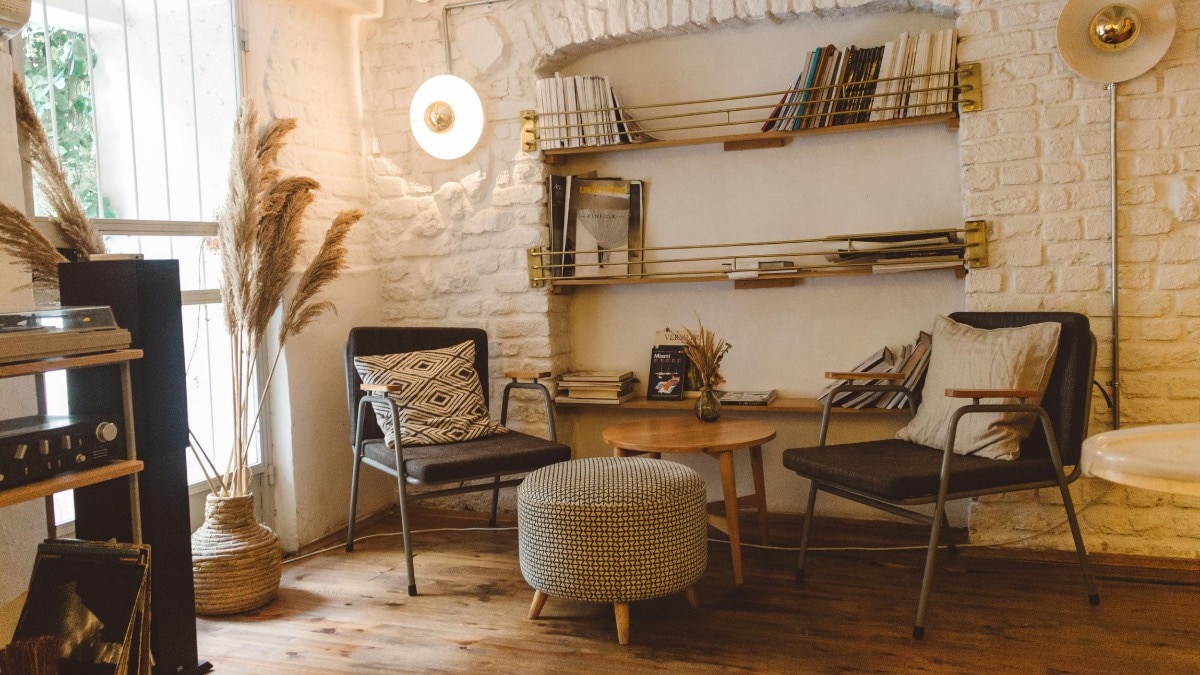
Do I need a social media cleanse?
Unfollowing people online can make way for less anxiety and a better sense of wellbeing, say experts


For many of us, scrolling through Instagram or Twitter is one of the first things we do when we pick up our phones in the morning. But if, of late, you’ve found yourself absent-mindedly flicking through content and wondering whether you’re even enjoying it, you’re not alone.
“I realised that I wasn’t properly engaging with so many of the people I followed on Instagram, lots of whom were in my year at school, or university friends I’d lost touch with,” says Alex, a 32-year-old lawyer. “My feed was flooded with pictures of weddings of people I didn’t know, and babies I’d never meet. So I unfollowed over 100 people in a day.”
Coming off social media entirely is more common than ever, and a recent survey revealed that over half of us in the UK have deleted at least one app–with 40 per cent saying they never intend to log back in. But there’s a new trend emerging among those who want to keep a presence on the apps, albeit a more curated one: the social media cleanse. “With numerous accounts and content on our screens, the sheer volume of content can become difficult to manage, making us feel overwhelmed and encouraging us to compare ourselves to others,” says Natasha Tiwari, an award-winning psychologist. “By unfollowing accounts that don’t align with your interests or values, you can simplify your social media experience. It’s like a digital decluttering.”

Social media encourages an unnatural system of friend-gathering. A cursory scroll through my own Instagram shows me I’m following a girl I met (once, for one evening) on a holiday three years ago and plenty of people from school I haven’t seen in over a decade. “In the real world, we don’t keep hold of every passing acquaintance for life,” says Charlotte Sheridan, a digital marketing specialist and founder of The Small Biz Expert. “We move on, grow apart and our interests change, and we let contact naturally dwindle. With the advent of social media networking, we’re holding onto people we have no connection with.”
A social media cleanse doesn’t just encourage you to unfollow people with whom you don’t want to engage–it prompts you to think about who you actually do want to follow. “Mass unfollowing contributes to a more positive mindset, making space for content that uplifts, inspires and supports your mental wellbeing,” says Tiwari. “It allows you to curate your social media feed to reflect your authentic self and interests, goals and passions.”
For Laura, 37, getting to see more of what she loved on Instagram–rather than less of what she hated–was the main catalyst for her cleanse. “I was missing pictures I actually wanted to see, like those of my friends’ group holidays, because I couldn’t keep up with the number of accounts I was following,” she says. “Now, I have a more edited feed, and I’ve started following some running accounts as I’m training for a half marathon.”
Another major prompt for Laura to unfollow a batch of accounts (140, to be precise) was her tendency to ‘hate follow’ influencers, a habit with which we’ll all be familiar–even if we don’t like to admit it. “I found myself screenshotting content and sending it to my group chats to laugh about,” she says. “I didn’t like what that said about me, so I decided to just unfollow the people who annoy me or get on my nerves.”
‘Hate following’ is a common phenomenon, even if it’s not one we talk about frequently. And we don’t just love to hate public figures–it’s as easy to find yourself ‘hate following’ an old school acquaintance or former colleague. “Before social media, we might have compared ourselves to our friends, family and neighbours, plus the odd celebrity photo. But now, it’s hundreds of elements of people’s lives: their holidays, their clothing and their achievements are on display for us to measure ourselves against,” says Sheridan.

It’s why she’s heartily in favour of a social media scrub-down, across all apps: “You’re comparing your life to hundreds, if not thousands, of people’s ‘best bits’. And while people think of Instagram, it isn’t necessarily the biggest trigger: it may be that you see former classmates getting what you perceive as a ‘better’ job on LinkedIn, or someone who has the same hobby as you getting lots of attention on TikTok.”
Many of us would love to conduct our own social media cleanse, but are worried at the prospect. What if you miss out on seeing certain content? Or, even worse, what if those you unfollow–particularly those people you know in the real world–find out and challenge you? The latter is certainly something that’s run through my mind whenever I’ve found my finger hovering over the button to unfollow.
“If you feel comfortable doing so, you could explain your reasons for unfollowing to the individuals you know personally,” says Tiwari. “Let them know it’s not personal and you still value your relationship, but this is a choice to curate your feed with content that better suits you and what you want to get from social media.”
“I think of it like clearing out my wardrobe,” says Sheridan. “You might get rid of outfits with fond memories but that no longer fit, the expensive dress that you bought and never wore that makes you feel guilty every time you see it, and the work suit that you no longer need. Sometimes the social account we follow provoke these sorts of reactions.” Those who have ever done a cupboard cull, however, will know just how hard it is to part with pieces, even those you never wear–an Instagram decluttering is just the same.
For those overwhelmed by FOMO, or worried about the reactions of those they unfollow, Sheridan advises taking it slowly. “You could ‘mute’ or ‘snooze’ people,” she suggests. “Choosing these options are totally invisible, so they help if you don’t want to take the more drastic step of completely disconnecting with a family member or friend.”
It’s hard to say goodbye completely, but I’ve already taken the first step of muting a few accounts I secretly know I ‘hate follow’. I’m surprised at how quickly my mood lifts: I feel lighter in the morning on my way to work, rather than weighed down by comparison and feelings of slight inadequacy. Next, I know I’ll have to hold my breath and try making some actual culls–so if we haven’t spoken since school, please know it’s nothing personal.
This piece originally appeared in Harper's Bazaar UK










